TLDR: A new survey of over 3,000 households in March has found that around 115,000 homes have such bad mould that it’s making their kids sick, with about twice that number living in homes that had needed repairs to their walls, roofs and windows for more than three years.
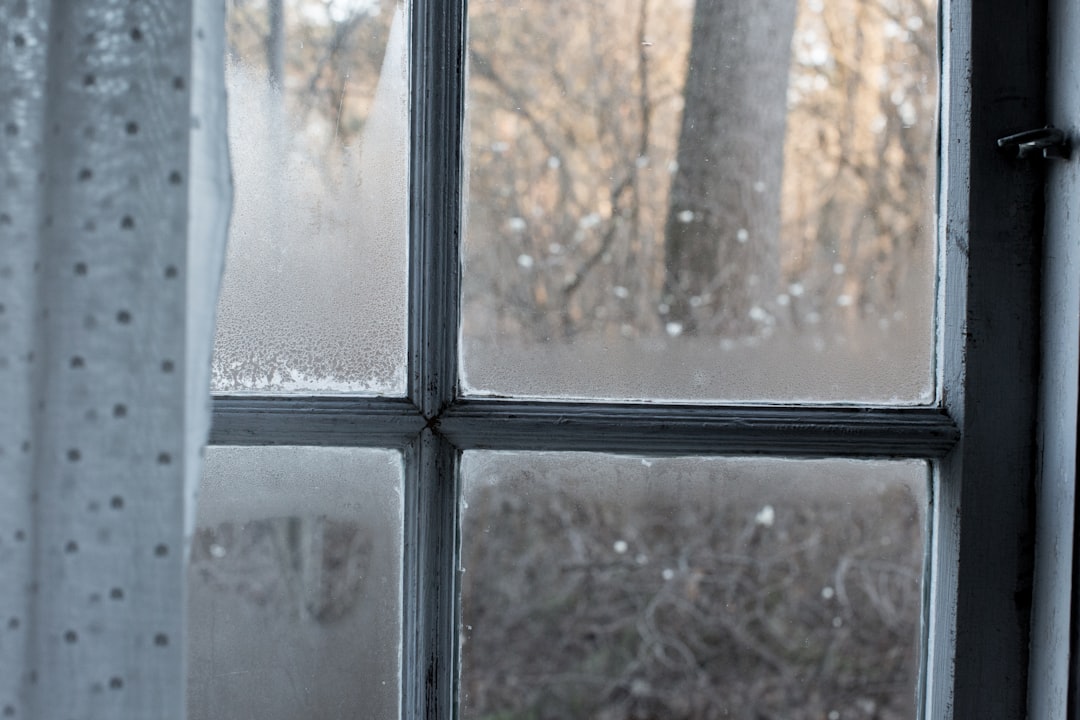
Given the news below about both child poverty and housing affordability, we’ve opened this up to all immediately for sharing etc, including the full email and more detail in the podcast above. Thanks to paid subscribers for this.
Other news overnight and this morning here and overseas:
NATO announced ahead of this week’s summit where PM Jacinda Ardern is due to speak that it would increase its number of troops on high alert by seven-fold to over 300,000 after Russia’s invasion of Ukraine; Reuters
Russia defaulted overnight on its sovereign bonds for the first time since during the Bolshevik revolution of 1917/18; Reuters
UK Prime Minister Boris Johnson is set to widen steel tariffs to protect British mills, it was reported overnight; The Guardian UK
The Helen Clark Foundation and Health Coalition Aotearoa released EFTPOS data in a report last night showing areas with higher levels of deprivation have higher volumes of sales for takeaways and the most outlets for takeaways; and, Stuff
A major fire broke out this morning in an unnamed industrial facility in Penrose, with multiple fire engines still on the scene and billows of smoke reported to be drifting over Onehunga and Favona. Residents were told to stay indoors. RNZ

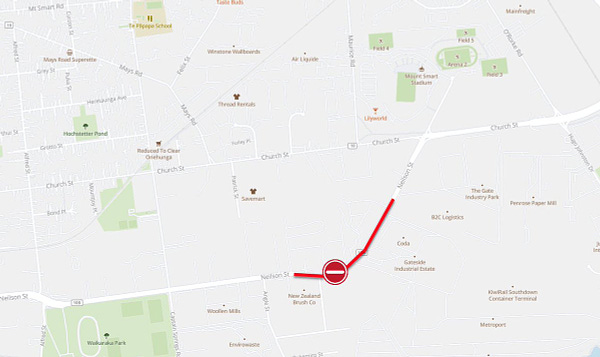
Our inhumane habitats
Over 115,000 families are living in homes that are so mouldy and damp that its making their kids sick. Almost half that number of households are living in houses, mostly rentals, that have needed weather-tightness repairs for more than three years.
Those are two of the headlines of a new survey published this morning by its commissioners AMI Insurance and community housing provider Habitat for Humanity NZ. The survey by Camorra Research in March of 3,039 households found:
42% of households were worried about dampness in their home;
about 180,000 say mould, dampness and condensation worsened the breathing of those living in the house;
about 12% or 115,000 households said mould, dampness and condensation worsened the breathing of children living in the house;
38% of households need basic repairs done outside the home, with 35% of those saying they have been a problem for more than three years;
8% (145,000 households) all stay in one room and only heat that room to stay warm when it gets very cold in winter;
A third (approx. 635,000 households) said their winter power bill was excessive;
37% were using as little heating as possible to manage their electricity bill;
16% (about 300,000 households) went to bed earlier than usual to stay warm when it gets very cold in winter; and,
38% of households (680,000) said they needed repairs done outside the home to walls, roofs, windows and surrounds, with 35% of those (240,000) saying these repairs have been unresolved for over three years.
“This research is a timely reminder that the rising cost of living is going to have a deeper impact on those households already struggling to make ends meet.
“This research has shown that while the majority of homes in New Zealand are habitable and decent, there are several hundred thousand Kiwi families that are experiencing less than optimum living conditions, and in severe cases, will lead to a range of issues – including ongoing poor health problems that may require hospitalisation such as asthma and rheumatic fever due to cold, damp and overcrowded living conditions.” Habitat for Humanity NZ CEO Alan Thorp.
Quotes of the day
Boris Johnson and Justin Trudeau sparring during a G7 photo shoot
“Jackets on? Jackets off? Shall we take our clothes off? We all have to show that we’re tougher than Putin” British Prime Minister Boris Johnson asked other leaders sitting around a table.
“We’re going to get the bare-chested horseback riding display,” Canadian Prime Minister Justin Trudeau said in response, referring to a widely shared photo of Russian President Vladimir Putin.
“There you go! There you go! We’ve got to show them our pecs!” Johnson replied. YahooFinance
Number of the day
58.2% - This was the average employee turnover rate in small to medium enterprises covered by MyHR in the year to the end of March from the 48.8% seen in the previous year and the 49.7% seen in the 2019/20 year. The table below from MyHR’s report shows turnover rates it has measured by sector in the year to the end of March vs a year earlier.
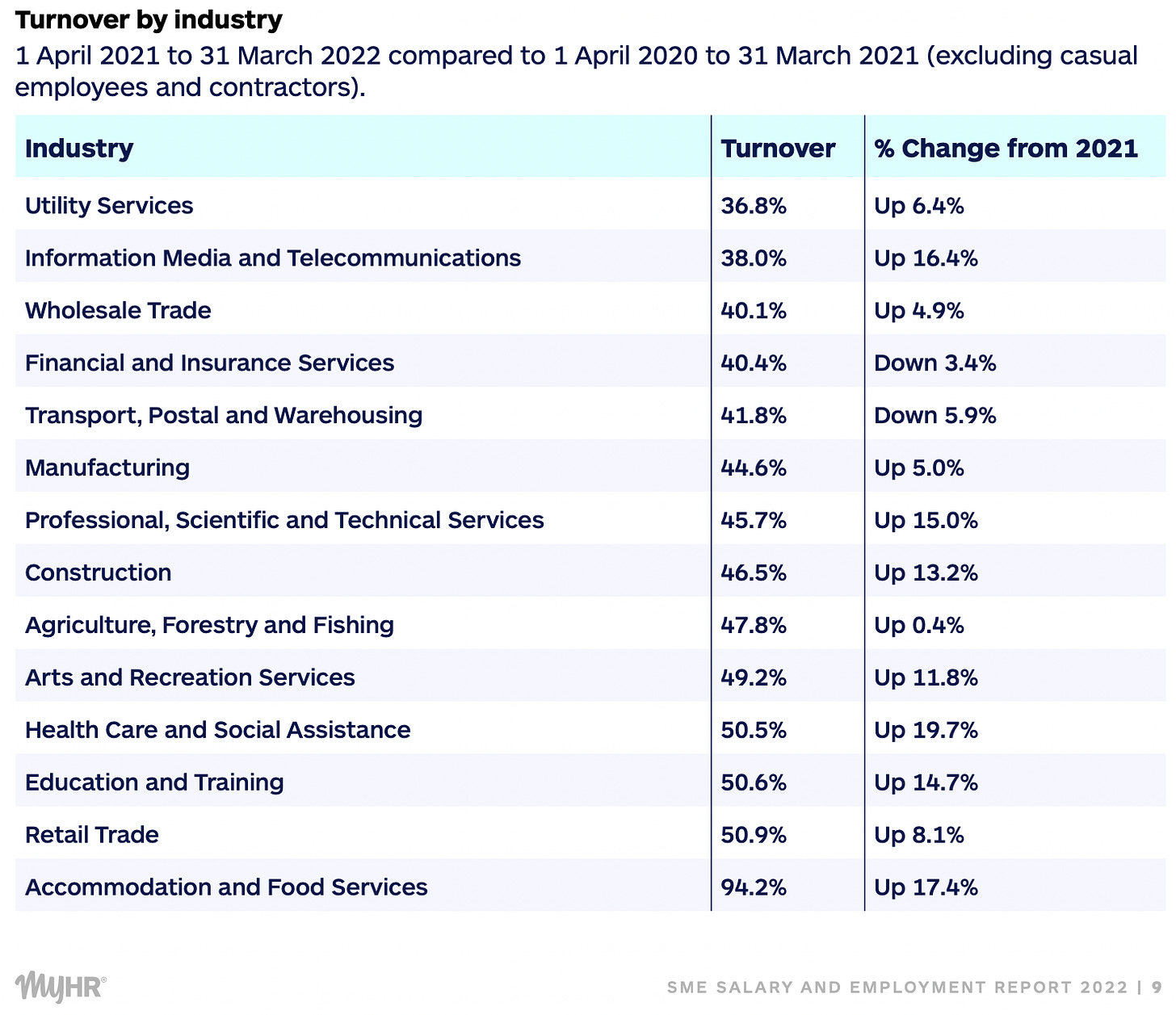
Chart of the day
The supply chain crisis is ending in the United States
Comment of the day on The Kākā
On the four day work week
“Really enjoyed listening to your latest when the facts change with my old professor Jarrod Haar over the weekend. He used to drive up to the North Shore in Auckland from the Waikato everyday for lectures, so not surprised to hear he’s enjoying working from home too! You should have asked him about four day work weeks as he was a part of the research back in ‘18/‘19 with perpetual guardian. Would love to know how the shift to remote working has affected sentiment to shorter weeks and the success or failure of a four day week.” Alex in yesterday’s Chorus.
Some fun things
Only 8 tabs open

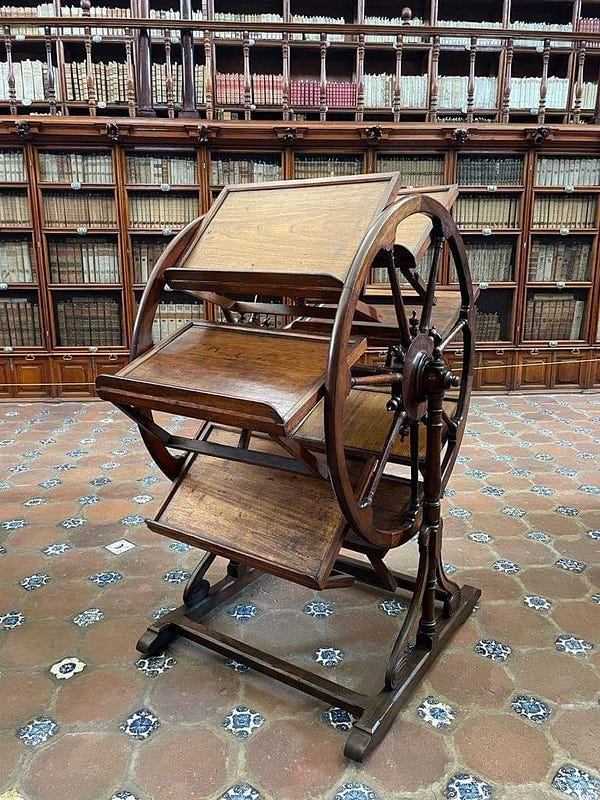

Ka kite ano
Bernard




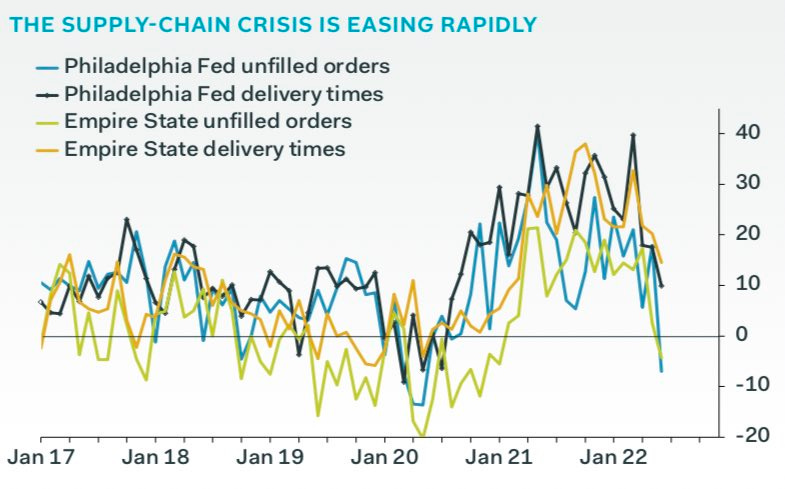










Share this post